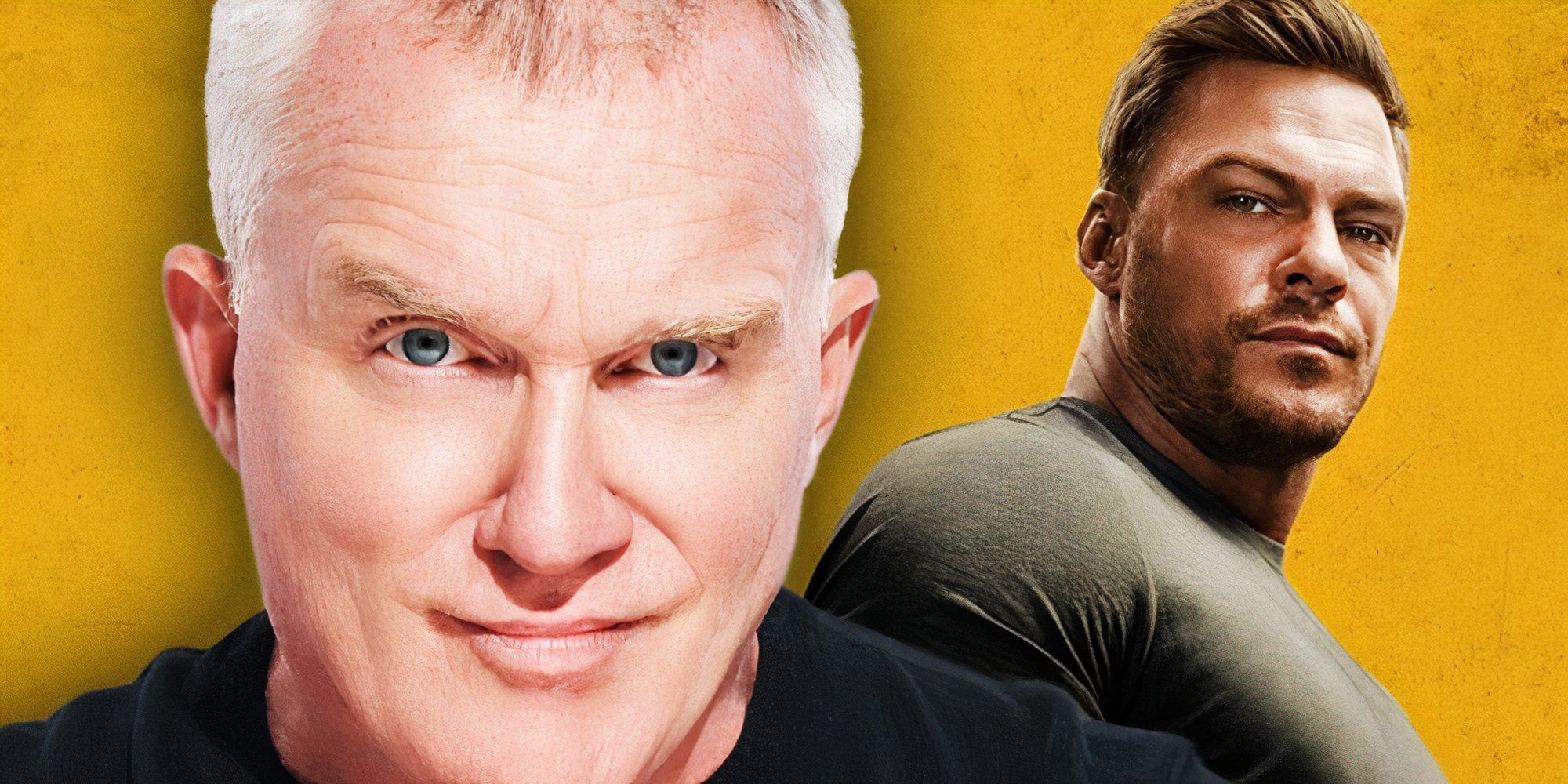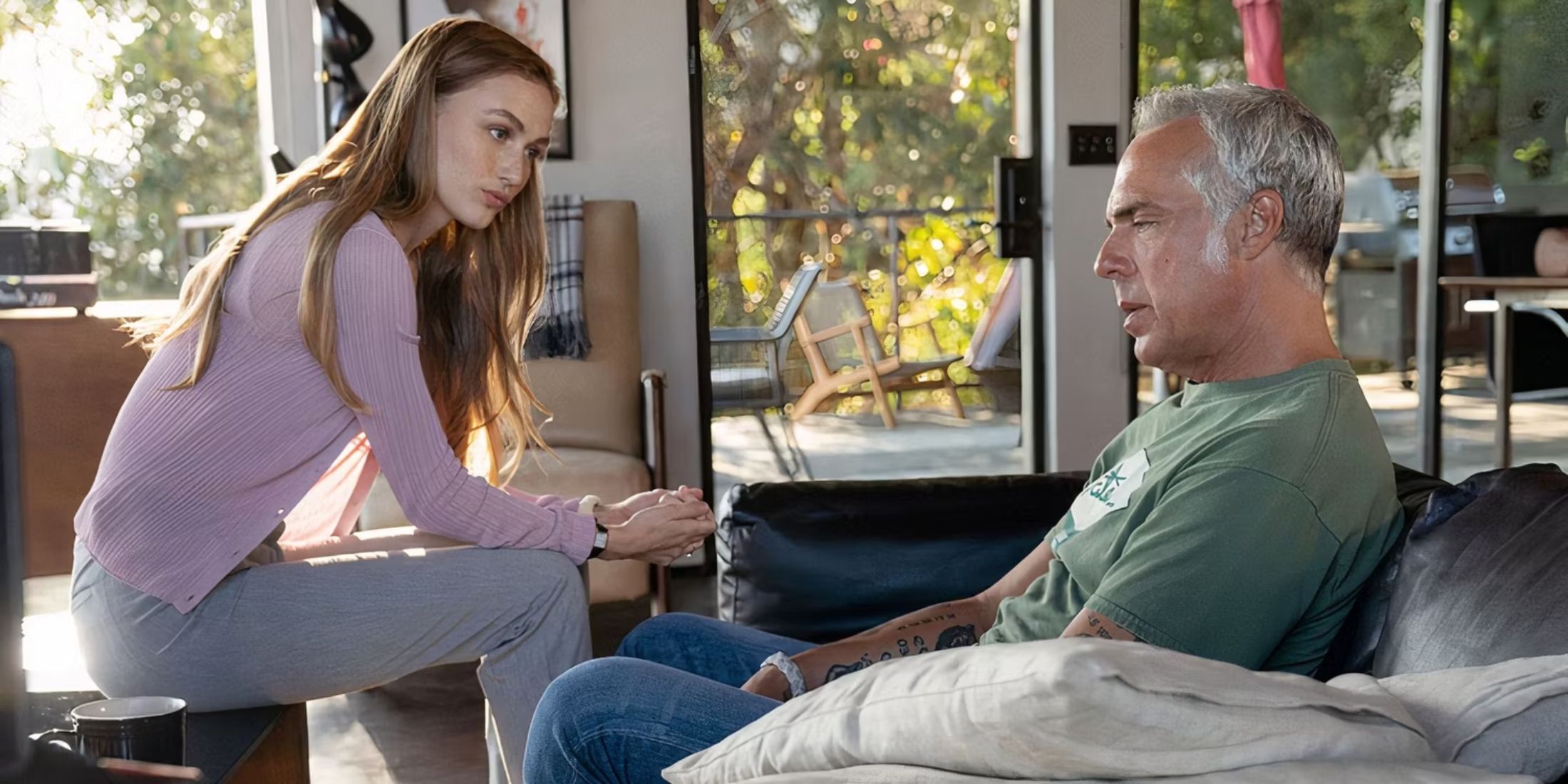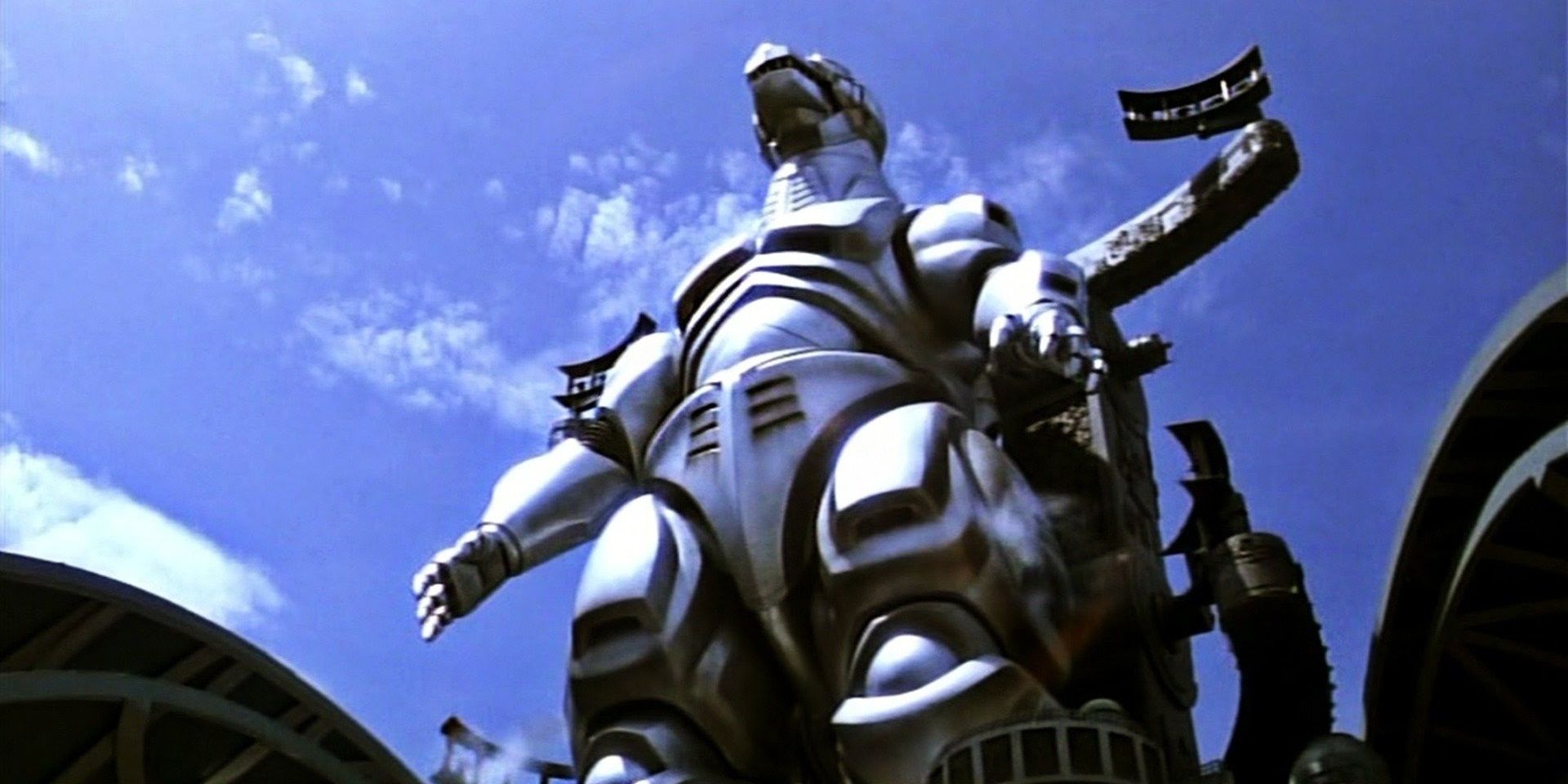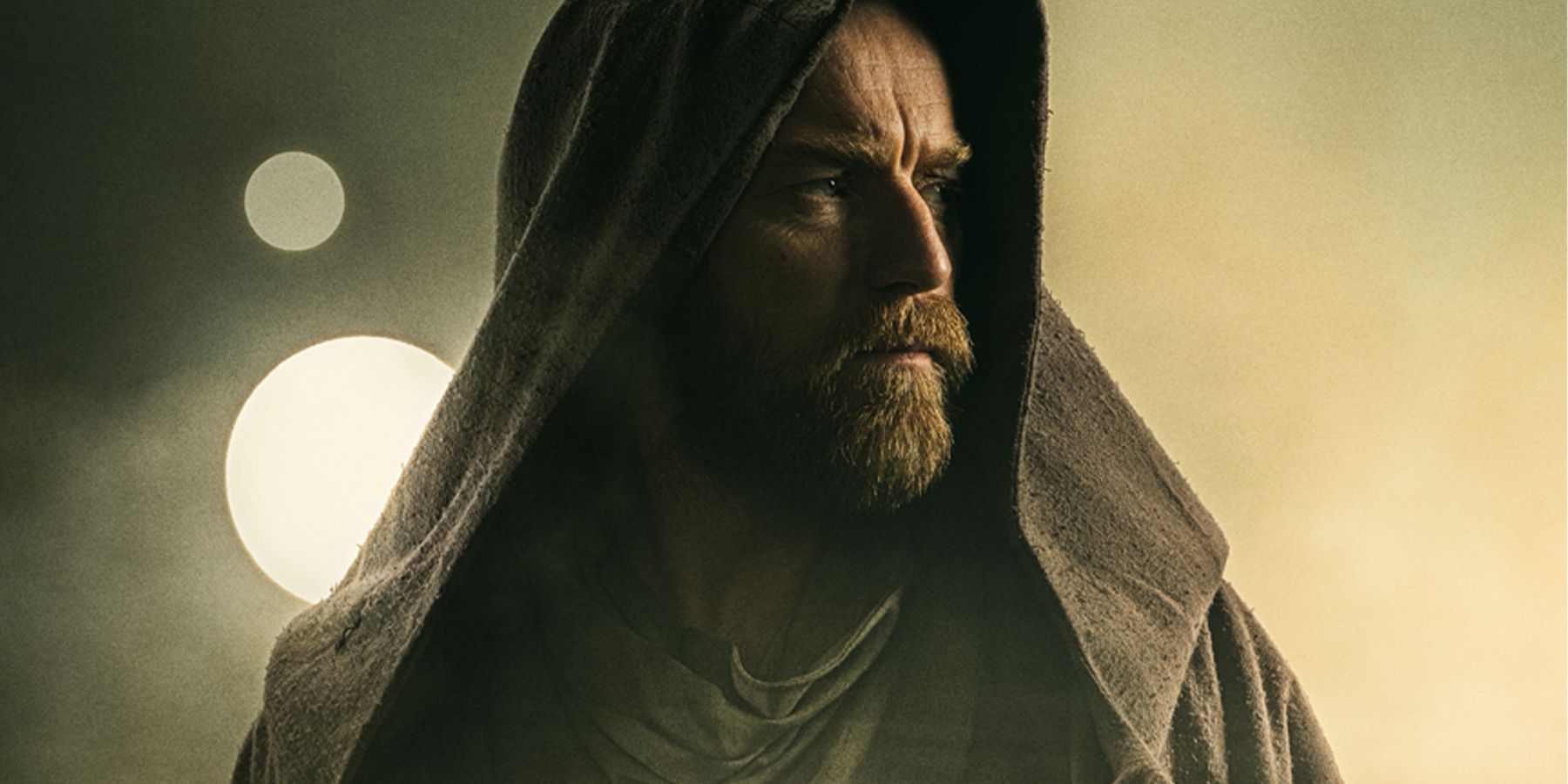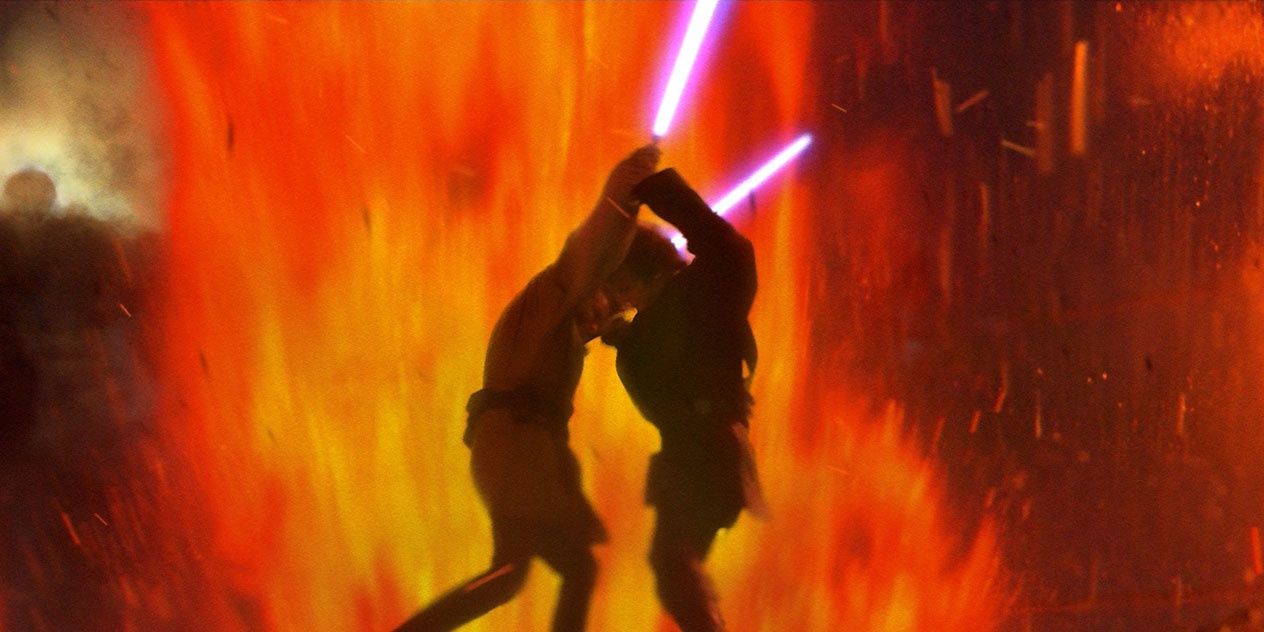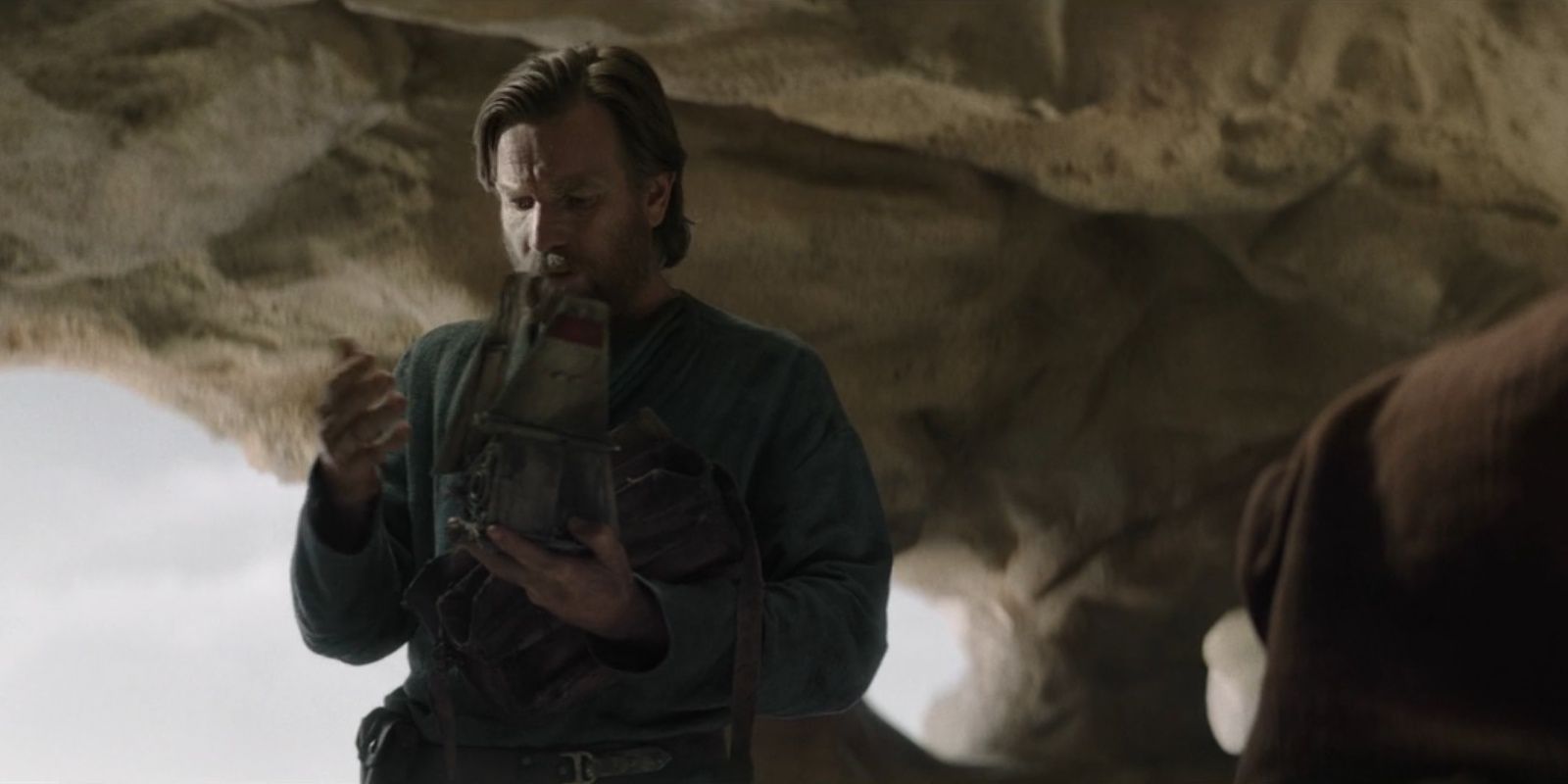After 23 years of withering criticism from all sides, one would think the Star Wars fanbase would grow tired of mocking the prequel trilogy. Since Disney has decided to dramatize every major event of the franchise timeline, they have the tough task of recontextualizing their least-loved moments, and it's going well so far.
The time between the prequels and the original trilogy is an important and interesting one in the Star Wars timeline, but this is far from the first look. Obi-Wan Kenobi is probably the most heavily tied-in piece of media since the prequels came out. It's always a risk to reference despised material, but Obi-Wan has decided to attempt to rehabilitate the old works.
The debate over the Star Wars prequels has raged since the trilogy has been fully released. Most despise them, but many find a few nice things to say out of genuine nostalgia, good-natured charity, or simple contrarianism. Sometimes the hate for those three films transcends the bounds of rational criticism and enters a realm of blind hate. They're cool to despise, and their general lack of quality is only part of the problem. Many maintain that the prequels failed because they were measured against impossible standards.
Many fans wanted the prequels to do something impossible, completely reignite the same awe they felt the first time they experienced the beloved world. Since it didn't, because it couldn't, the fact that the three films are largely below mediocre and riddled with weird choices earned overwhelming derision. Obi-Wan Kenobi takes place immediately after Revenge of the Sith and the events of the prequels are the most important background for the series, so it has to make do.
Like most streaming services, every episode of Obi-Wan Kenobi opens with a "Previously on" segment that recaps the previous episodes. Unlike many, the very first episode features one, which recaps the events of all three films that make up Obi-Wan's early life. The trilogy runs just under seven hours if watched back to back. The recap segment is just a couple of minutes long, and it's probably the best possible way to watch the Star Wars prequels. It depicts the rise and fall of Anakin Skywalker, the relationship between Obi-Wan and his pupil, the influence of Qui-Gon Jinn, and much more in a blessedly brief short film. It also excises most of the aspects of the trilogy that people hate and highlights the performances in their best possible showcase. Boiling down these key events does an incredible job, but it even takes extra steps to improve the presentation.
When Qui-Gon Jinn dies in the final scene of The Phantom Menace, his dying missive to his longtime pupil is less than sentimental. He's been impaled, and he's on his way out, but he doesn't choose this moment to tell Obi-Wan he's always loved him like a son or that he's very proud of him. He says "Obi-Wan, promise…promise me you’ll train the boy". The man he's talking to, who he's been working, traveling, and living with for around a decade, is barely mentioned in his dying words. It's intensely grim from Obi-Wan's perspective.
Imagine a mentor figure dying in combat, and all he can talk about when he goes is a ten-year-old he insisted upon dragging with him. The recap uses some clever editing to place new lines in the mouth of the dying mentor. There's some ADR that adds in the lines "You've been a good apprentice, Obi-Wan" and "I foresee you will become a great Jedi Knight" over footage of his death and Obi-Wan's vengeance. These lines are delivered much earlier in the film, but moving them to the moment of his death recontextualizes their relationship.
Through the power of montage and selective editing, this recap segment and the multitude of flashbacks throughout the first episodes shine a positive light on the prequels. This is a tasteful solution to a fairly common problem, adapting poorly received material into new works. Some franchises bury their mistakes or completely recreate them to distance themselves from a perceived previous failure. Obi-Wan Kenobi must grapple with the events of Phantom Menace, Attack of the Clones, and Revenge of the Sith, and it does so in the best possible way. It's not denying the past, it's just moving the pieces around to tell a concise and well-handled version of the story.
Star Wars has a bad habit of relying on references and callbacks, expecting applause with every classic character's surprise reveal. The franchise is often far too heavily tied-in with its past, and it refuses to move forward or take risks. Given the fact that Disney is always going to try to keep the previous films profitable and use their iconography to keep fans coming back, it's good that they've found a solid way of adapting them. Obi-WanKenobi teaches a valuable lesson when it comes to tastefully portraying the previous failures of a long-running franchise.

